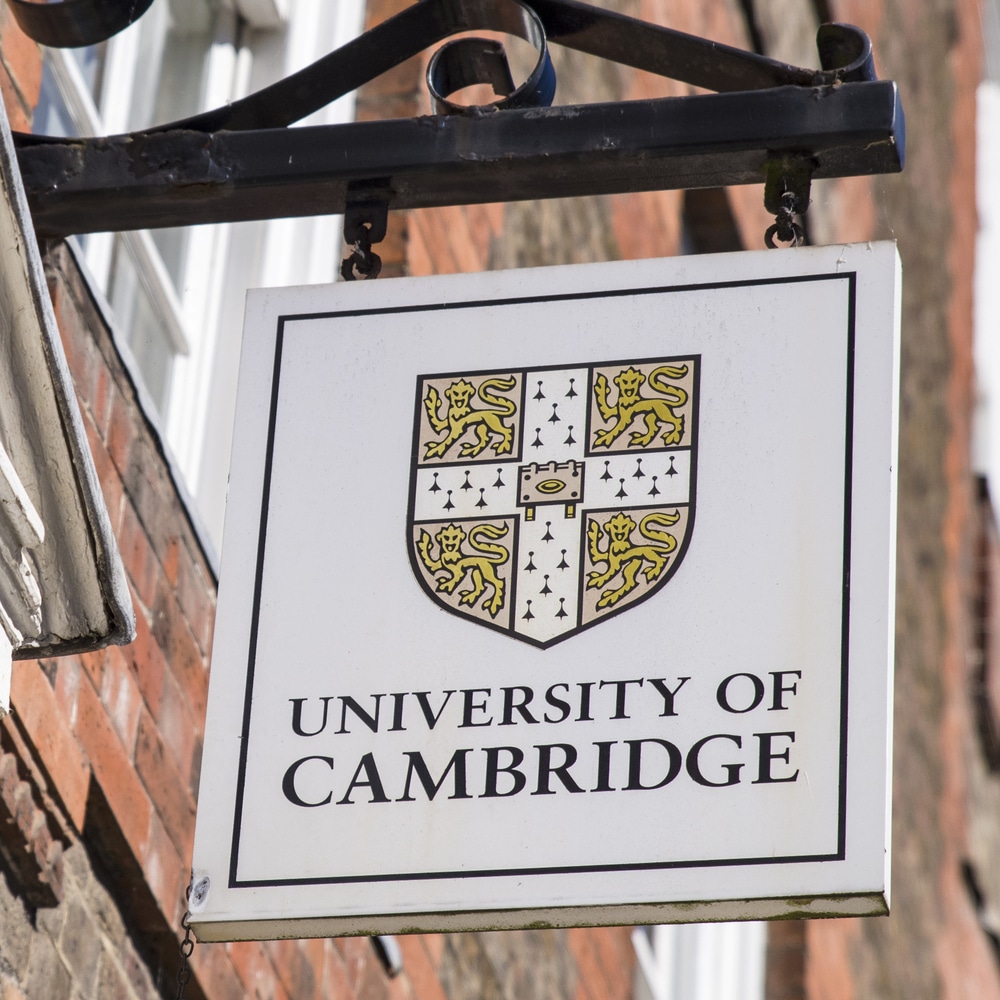
How to Choose your IB Subjects Wisely
IB Subjects
Students taking the International Baccalaureate (IB) Diploma Programme need to choose their subjects in their late teens, around 16 or 17 years old. This choice typically leads the students to their future university options and careers. However, at the tender age of 16, it can be difficult for students to choose their IB subjects if they do not yet know what they want to do in the future. Besides, peer pressure and parental influences can make their choice even more difficult.
Choosing Your IB Subjects
Students are generally expected to take at least three subjects at the higher level (HL) and the remaining classes at the standard level (SL). While the IB programme can be flexible for students, most international schools do not offer every subject available. The limited availability of courses, therefore, makes choosing IB subjects a little harder than usual.
We know how tough it can be to choose your IB subjects, so here are some tips for you:

Discover Your Interests
Students at 16 or 17 years old may not always know what they want in life, but may have discovered that they have an interest in the arts. It can be arts, science, languages, etc. Sit back and think about these interests. Students should explore their passions and then look at the subjects available in their schools. Find out more about each subject and see which ones match particular interests. Take a closer look at the matching ones; these can act as a guideline for picking subjects for HL and SL.
Do Your Research
After exploring particular interests, it is vital for students to check the requirements of the potential careers or professions that they are keen on. Make use of Google, or call up the various universities that are of interest and ask questions about entry requirements. It is also crucial for students to take note of their entry scores and the various subject levels for the courses that they want to pursue. Remember that universities often look for a minimum grade or score to allow entry to a preferred course; so, it would be wise for students to check way ahead to make sure that they are confident they will excel the minimum grade.

Talk to Your Teachers or School Counsellors
Students should speak to their teachers because they are the best people to ask for advice on playing individual strengths to the maximum. Share ideas and choices with them and ask if they think the subjects are suitable for potential future career. Teachers will likely give students a good idea of the feasibility of their choices.
Don’t Give In to Peer Pressure or Parental Influences
We know that it is easy to give in to peer pressure or parental influences because that route can be hassle-free. However, the seemingly easier route may bring grief and lead to a road of regret in future. It is essential that students make choices for themselves because they will be the ones taking the subjects and sitting the examinations. If a parent insists on choosing subjects on behalf of the child, it is vital for the student to calmly explain the reasoning for their IB subject choices.

To Choose Wisely Means…
Choosing subjects that students are confident and interested in means a higher chance that they will enjoy the course and excel in it. It also means that they can get better satisfaction out of their higher education and move on to their dream university.






